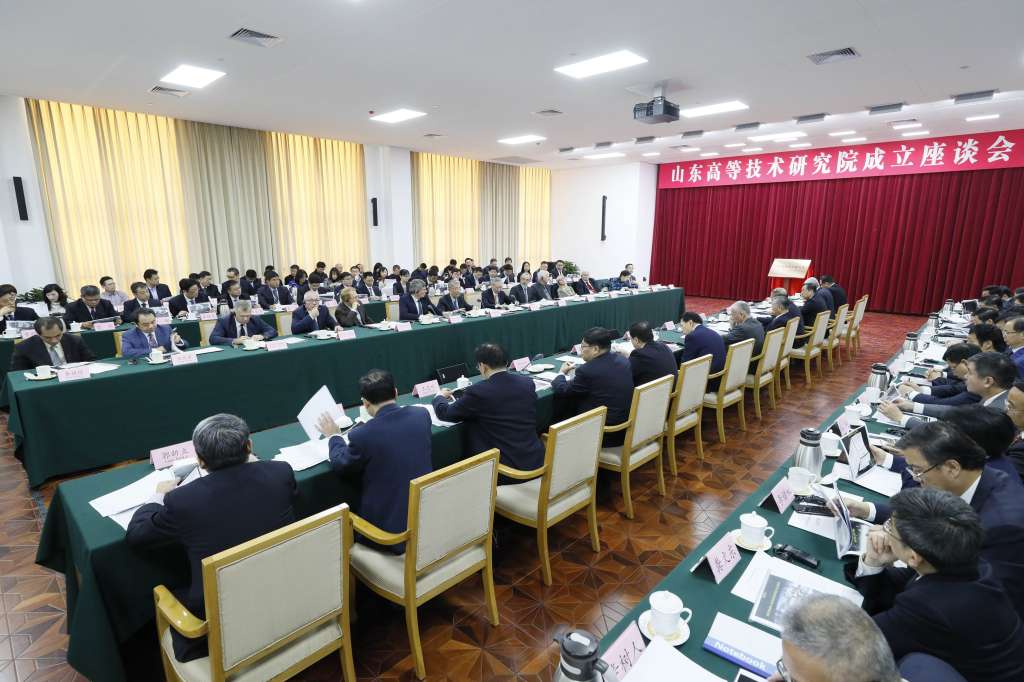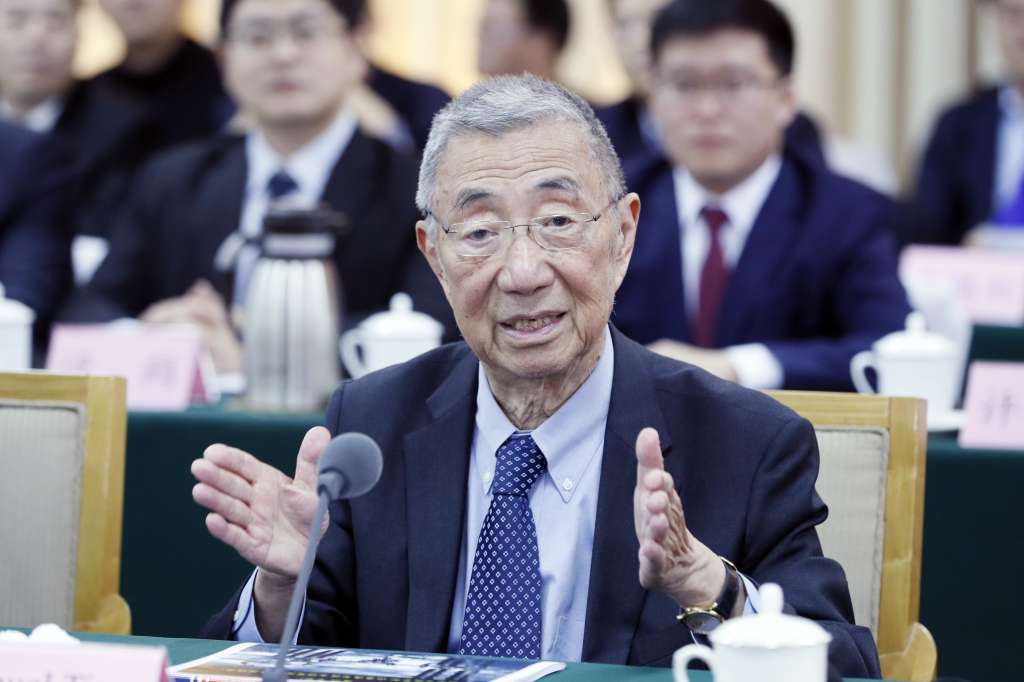Nobel Laureate Samuel C.C. Ting Speaks at Shandong Institute of Advanced Technology Inaugural Symposium
On the morning of the 10th of November, the Shandong Institute of Advanced Technology was officially inaugurated in Jinan. To mark the occasion, the Shandong Provincial Party Committee and Provincial Government held a symposium to study and implement General Secretary Jinping Xi’s key statements on scientific and technological innovation, and to thoroughly carry out his important instructions on the development of Shandong. The event celebrated the founding of the new institute, aimed at strengthening basic research, enhancing original innovation capacity, and accelerating the province’s advancement into a science and technology powerhouse.
Jiayi Liu, Secretary of the Shandong Provincial Party Committee; Zhigang Wang, Minister of Science and Technology; Chunli Bai, President of the Chinese Academy of Sciences; and Nobel Laureate and MIT Professor Samuel C. C. Ting attended the symposium and delivered remarks. Zheng Gong, Deputy Secretary of the Provincial Party Committee and Governor of Shandong, presided over the meeting.
In his speech, Professor Samuel C. C. Ting provided a detailed overview of the Alpha Magnetic Spectrometer (AMS) project, including its research process, current applications, and future objectives. He noted that AMS is a large-scale scientific experiment mounted on the International Space Station, involving hundreds of scientists from multiple countries working under his leadership. The experimental data has revealed a range of previously unknown phenomena, significantly altering the scientific community’s understanding of the universe and challenging theories that have stood for decades.Professor Ting emphasized the outstanding contributions of Shandong University in addressing key technical challenges of the AMS project, as well as its ongoing efforts in data monitoring and analysis. He praised the Shandong Institute of Advanced Technology for selecting AMS and other strategically important topics as focal points of its frontier research, which are vital to the future of scientific and technological development and to deepening humanity’s understanding of natural laws. He expressed his firm belief that the institute will produce a series of original and influential scientific outcomes. He further stated that he and his team will remain deeply engaged in major scientific research, dedicated to tackling problems that have yet to be considered or are widely regarded as impossible, and are committed to making meaningful contributions through their work at the institute.






